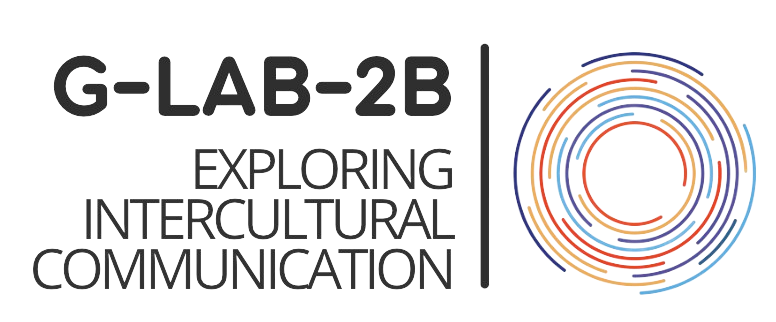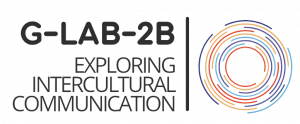The experience of being categorized or labeled is a profound social phenomenon that affects many people in different contexts. It can take many forms, from gender roles to ethnic classifications to social classes. This categorization can lead to discrimination and marginalization. Confinement to a specific “category” can also compromise personal freedom and self-identity, as individuals are perceived in stereotypical ways that ignore their unique abilities, interests, and ambitions.
One of my favorite stories in this regard is that of the first woman to officially run the Boston Marathon, Kathrine Switzer, in 1967. At that time, the marathon was an event for men only, and women were labeled as physically incapable of completing the 42 km distance. However, Switzer registered for the race using only her initials, “K.V. Switzer,” so as not to reveal her gender. During the race, the marathon director physically tried to remove her from the race when he realized she was a woman. But Switzer managed to finish the race despite this incident. It was not until 1972 that women were officially allowed to compete in the Boston Marathon.
Rosa Luxemburg: “For a world where we are socially equal, humanly different, and totally free.”
Table of Contents
Language is a powerful tool
Language is a powerful tool for constructing and deconstructing identity, and being confined to a specific “category” can make people feel limited in their ability to fully express themselves or be understood by others in all their complexity.
This phenomenon raises important questions about equality, justice, and humanity. The challenge is to create systems and structures that recognize and value diversity and complexity, rather than limiting people to reductive labels. This requires a deep understanding of and commitment to the social, cultural, and political mechanisms that promote categorization, as well as efforts to integrate more inclusive and holistic approaches into education, work, legislation, and everyday life.
Ludwig Wittgenstein: “The meaning of a word is its use in language.”
From my point of view, this transformation requires collective efforts and a rethinking at the individual, social, and institutional levels to foster an environment that recognizes and celebrates the multiple dimensions of human experience.
Creating an inclusive culture
Conscious use of language is essential to creating an inclusive culture that honors and respects all people. Language has the power to shape realities, mold identities, and influence the social order. By using inclusive language that does not seek to exclude or devalue anyone, we recognize that words can be a tool for change. This requires constant reflection on the words we choose and a willingness to adapt our vocabulary to create an environment of respect and recognition for all. It is certainly not easy, but it is possible.
Michel Foucault: “We must free ourselves from the idea that our destiny is to always be defined by our own identity and limited by others.”
Examining our own privileges is a fundamental step in understanding the structural inequalities that permeate our society. By acknowledging our own privileges and recognizing how they give us advantages that others are denied, we can begin to understand the deeper causes of injustice. This awareness is the first step in actively combating inequalities and creating spaces that foster diversity and equality.
The importance of empathy and solidarity
Actively listening and learning from the experiences of marginalized groups is crucial to developing a comprehensive understanding of the diversity of human experience. By listening without prejudice and attempting to adopt the narratives of others, we open ourselves up to learning and broadening our own horizons. This process of empathy and understanding is fundamental to breaking down barriers and building bridges between different worlds.
Commitment and solidarity with those who suffer discrimination and injustice are essential to achieving change. This can take many forms, from supporting initiatives and organizations that work for equality and justice, to actively participating in educational programs and advocating for change in our own communities.


